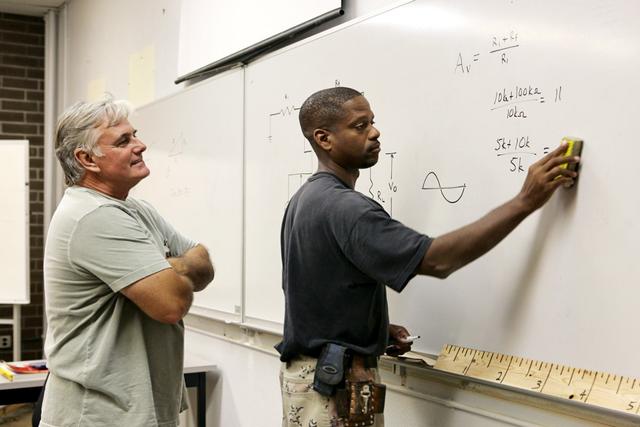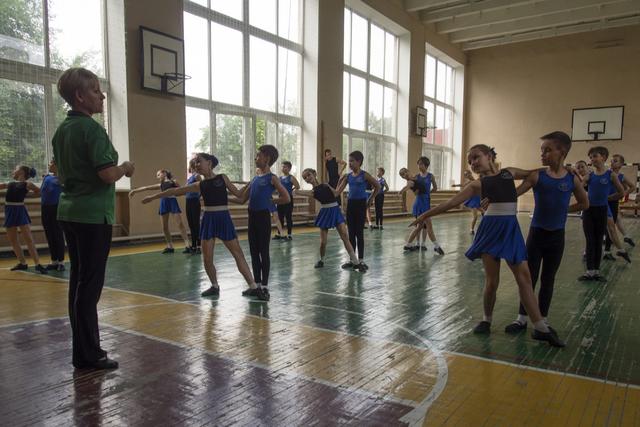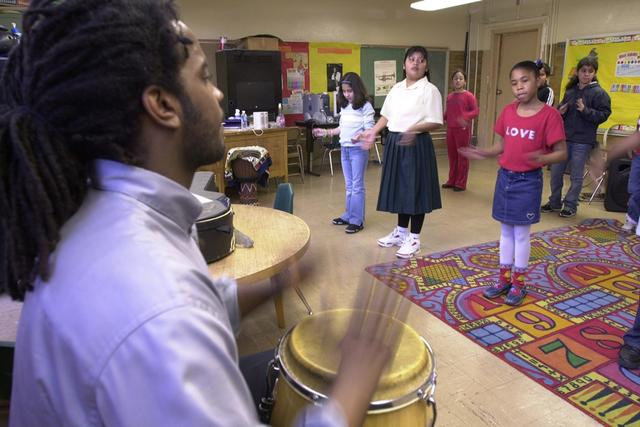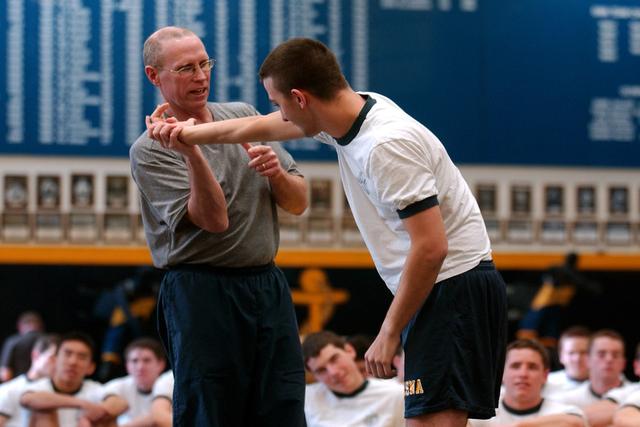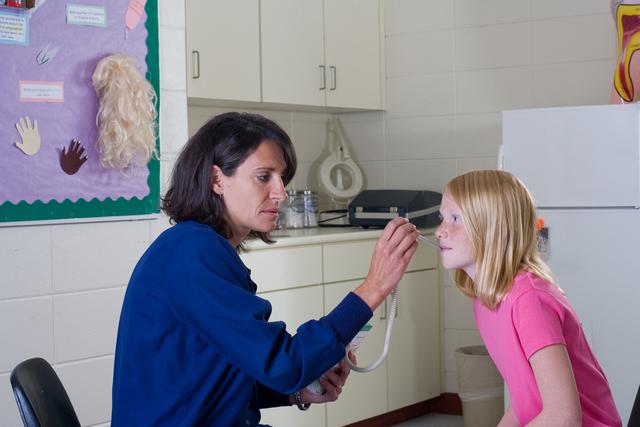Instructional Coordinators
Overview

Introduction
Instructional coordinators seek to increase the quality of student education by assessing and improving school curriculums, evaluating student learning, reviewing and ordering new course materials, working with educators to improve their teaching methods, and integrating technology into the learning experience. Many instructional coordinators have backgrounds in teaching, school administration, and instructional design. Some focus on special education or English as a Second Language programs. Approximately 202,270 instructional coor...
Quick Facts
Median Salary
Employment Prospects
Minimum Education Level
Experience
Skills
Personality Traits
Earnings
Instructional coordinators earned median salaries of $74,620 in May 2023, according to the U.S. Department of Labor. Ten percent of instructional coordinators earned less than $46,540, and 10 percent earned $109,500 or more. Depending on their employers, most instructional coordinators enjoy a full complement of benefits, including vacation and sick time as well as holidays and medical and dent...
Work Environment
Instructional coordinators work in typical office settings, but they also travel to schools in their district to meet with principals, teachers, and instructional designers and monitor the implementation of a new curriculum. Unlike teachers, instructional coordinators work 12 months a year. They work a standard 40-hour week, Monday through Friday, although they may need to travel to educational...
Outlook
Job opportunities for instructional coordinators are expected to grow by 2 percent from 2023 to 2033, according to the U.S. Department of Labor (DOL), or slower than the average for all careers. Demand for jobs may be limited by budget cuts at the local and state levels.
Nevertheless, a growing number of schools are focusing on evaluating and improving their curriculum and the effectiven...

